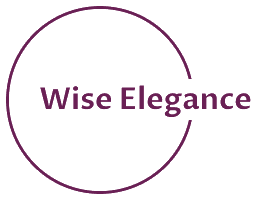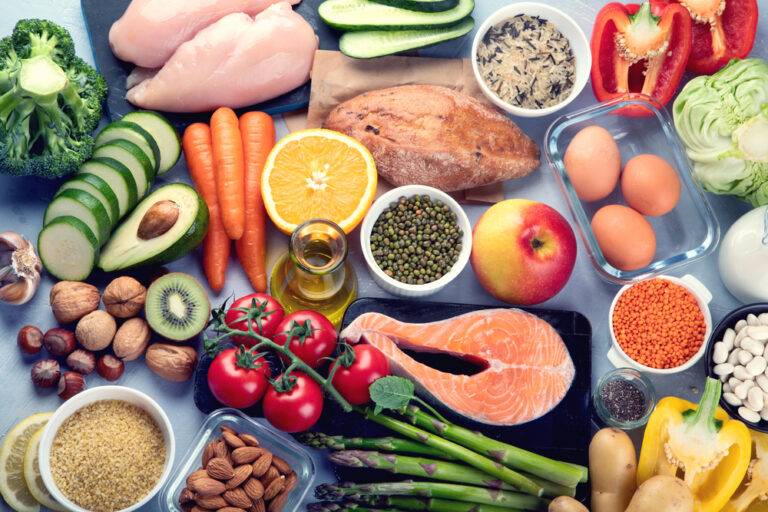As we age, our nutritional needs evolve, and certain vitamins and minerals become particularly important for maintaining health and vitality. Aging bodies often require more of specific nutrients to combat age-related changes and challenges. A balanced diet rich in these essential vitamins and minerals can help seniors maintain their health, energy levels, and cognitive function.
Vitamin D and calcium are crucial for bone health. As we age, bones can become more brittle and susceptible to fractures, making these nutrients vital. Vitamin D aids in the absorption of calcium and supports immune function. While sunlight is a natural source of Vitamin D, seniors may need supplements due to limited outdoor activities or reduced skin synthesis. Calcium is abundant in dairy products, leafy greens, and fortified foods, but again, supplements might be necessary for those with dietary restrictions.
B12 is another essential vitamin, especially for seniors, as the ability to absorb it from food decreases with age. B12 is critical for maintaining nerve function and producing red blood cells. Deficiency can lead to fatigue, weakness, and cognitive issues. While B12 is mainly found in animal products, fortified cereals and supplements are good alternatives for those on a vegetarian or vegan diet.
Antioxidants like vitamins A, C, and E play a significant role in combating the effects of aging by neutralizing free radicals – molecules that can damage cells. These vitamins also support immune function, skin health, and vision. Fruits and vegetables are rich in vitamins A and C, while nuts, seeds, and vegetable oils are good sources of vitamin E.

Magnesium is important for muscle function, nerve function, and energy production. It also helps regulate blood pressure and blood sugar levels. Magnesium can be found in nuts, seeds, whole grains, and green leafy vegetables. As with other nutrients, absorption may decrease with age, making supplementation a consideration.
Omega-3 fatty acids are essential for heart and brain health. They can help reduce inflammation, lower the risk of heart disease, and may have a positive impact on cognitive function. Fatty fish like salmon, mackerel, and sardines are excellent sources of omega-3s, and there are also plant-based sources like flaxseeds and walnuts.
Potassium is key for maintaining healthy blood pressure levels and proper cell function. It can be found in fruits like bananas and oranges, vegetables like potatoes and spinach, and dairy products.
Hydration is another crucial aspect of nutrition for seniors. While not a vitamin or mineral, adequate water intake is essential for digestion, kidney function, and overall health. Older adults might not feel thirsty as often, so it’s important to drink water regularly throughout the day.

In conclusion, a well-balanced diet rich in essential vitamins and minerals is key for aging bodies. It’s important to focus on nutrient-dense foods and consider supplements if necessary, under the guidance of a healthcare provider. With the right nutrition, seniors can support their health and enjoy a better quality of life.

